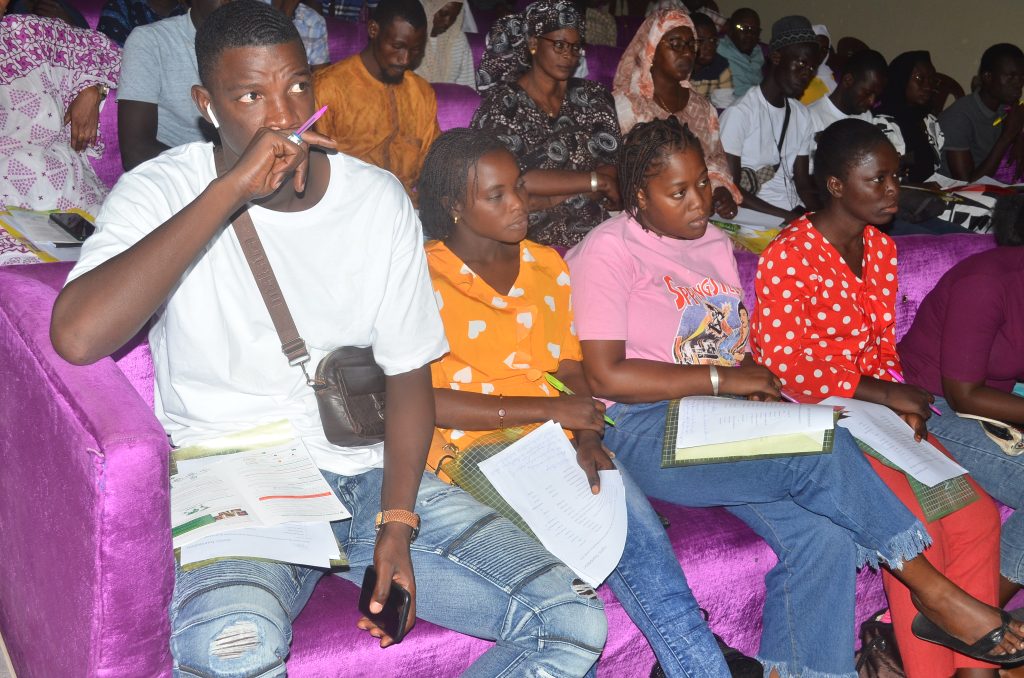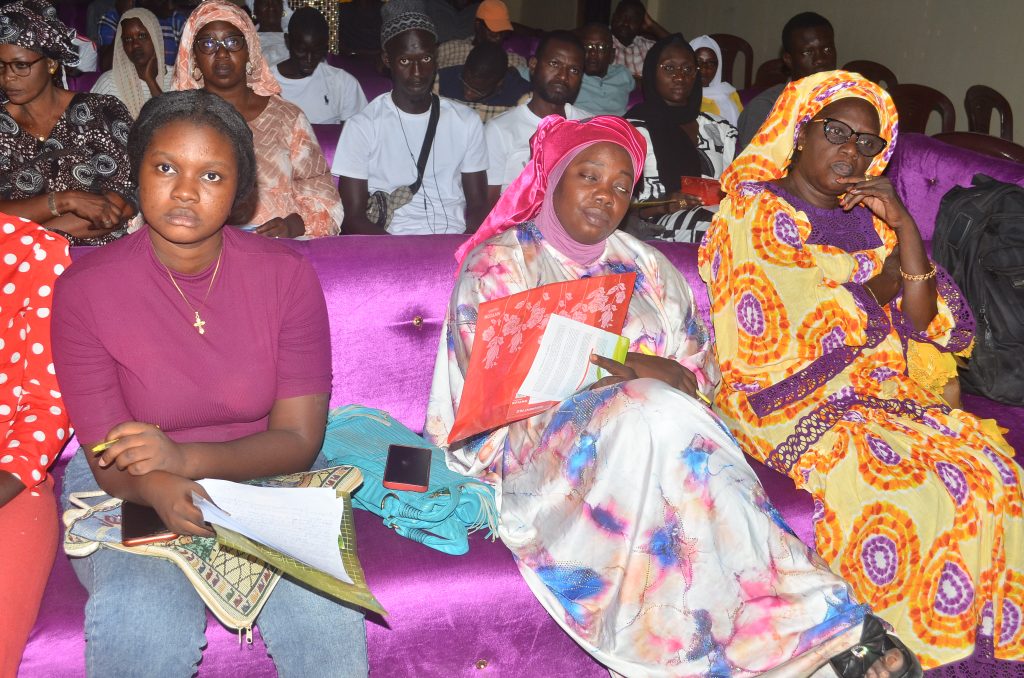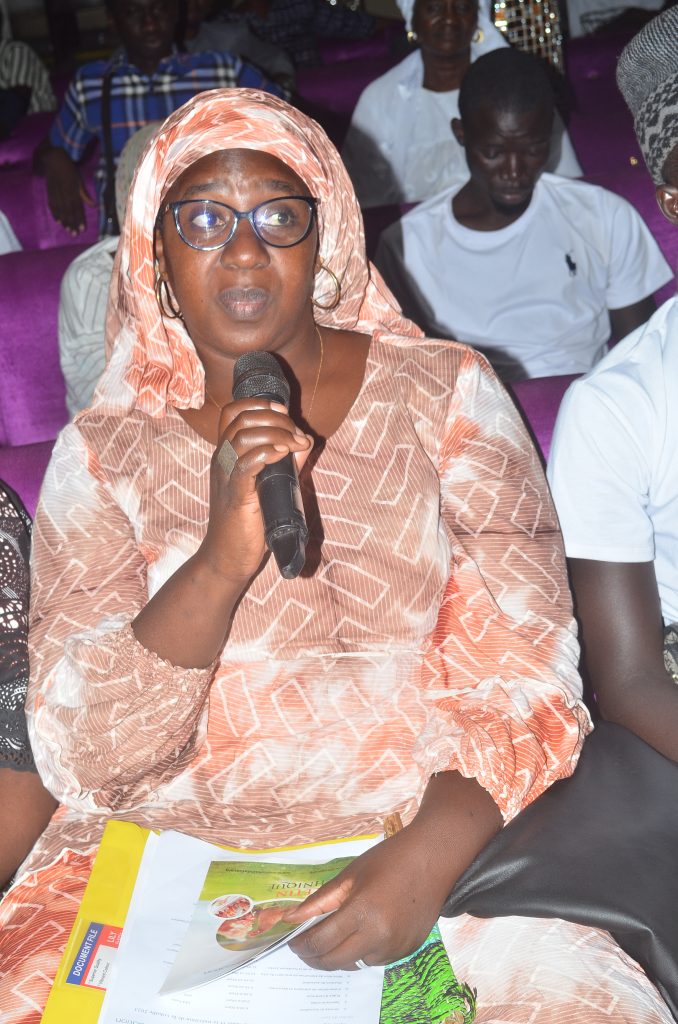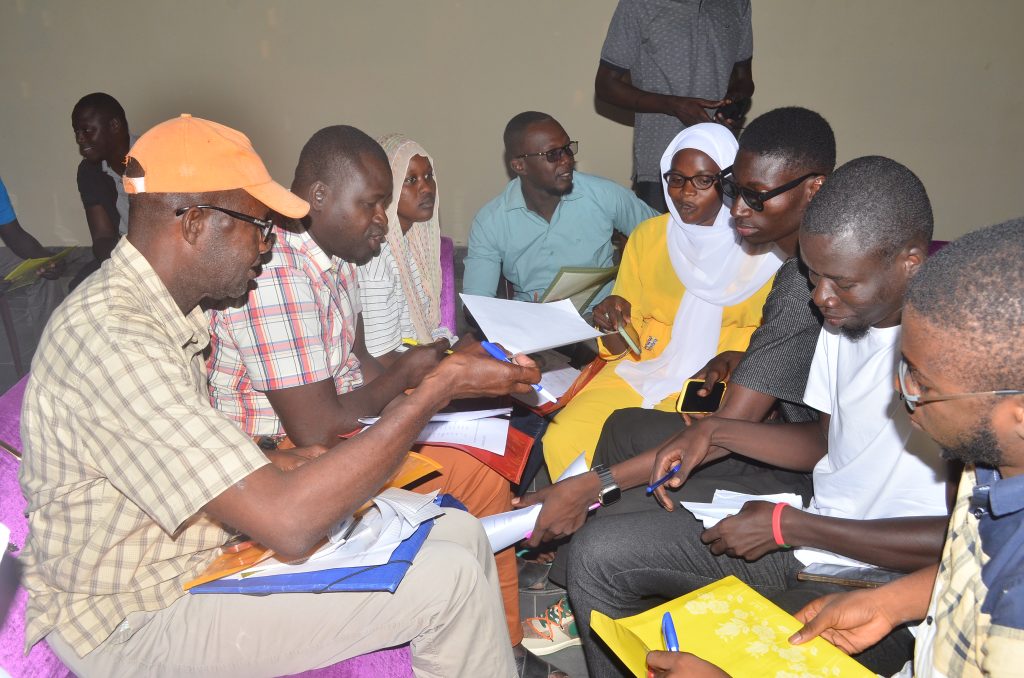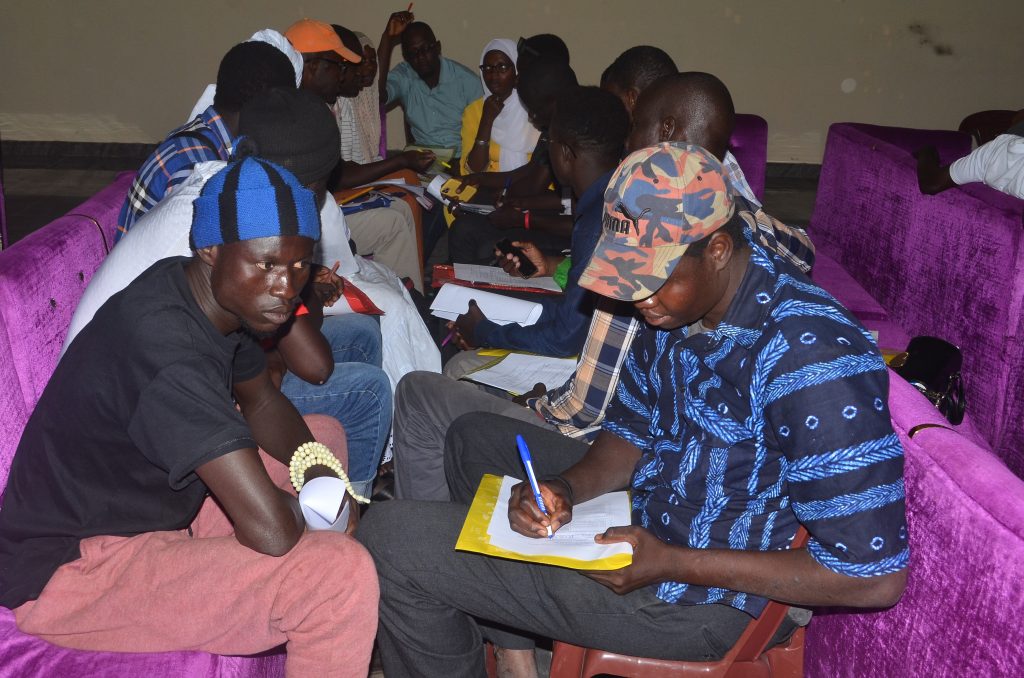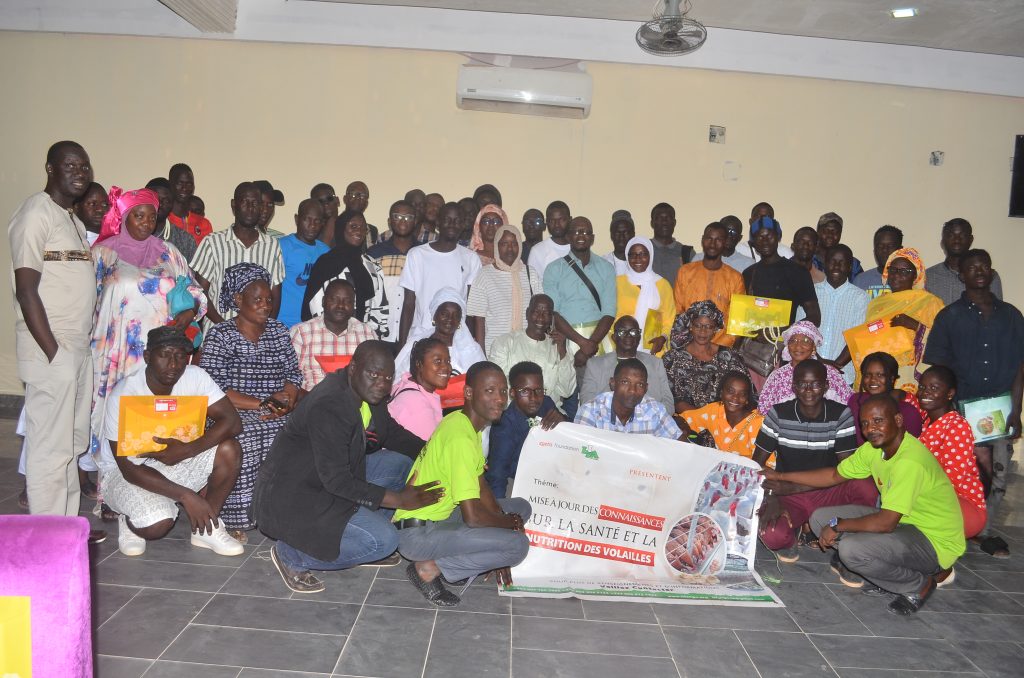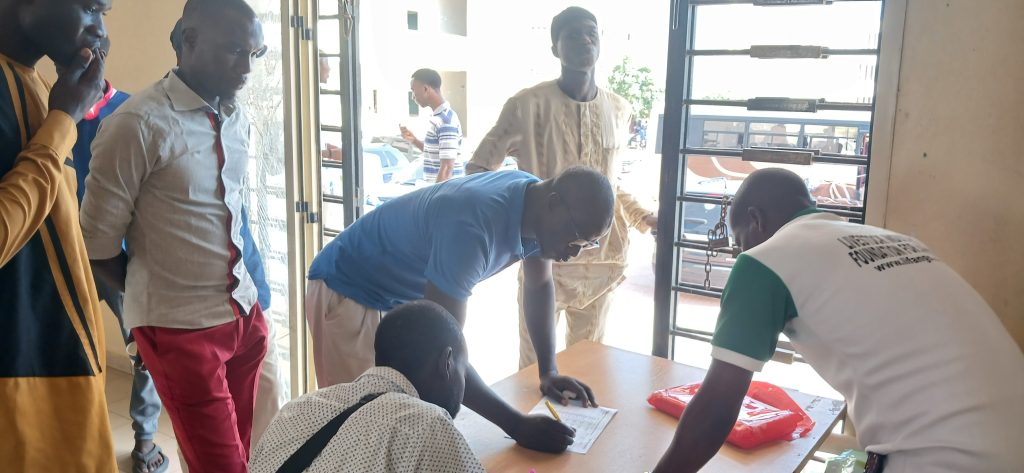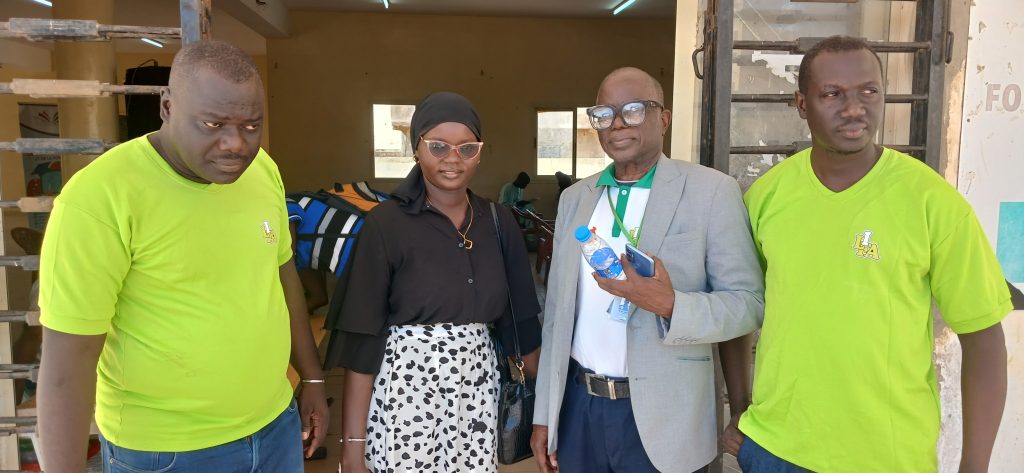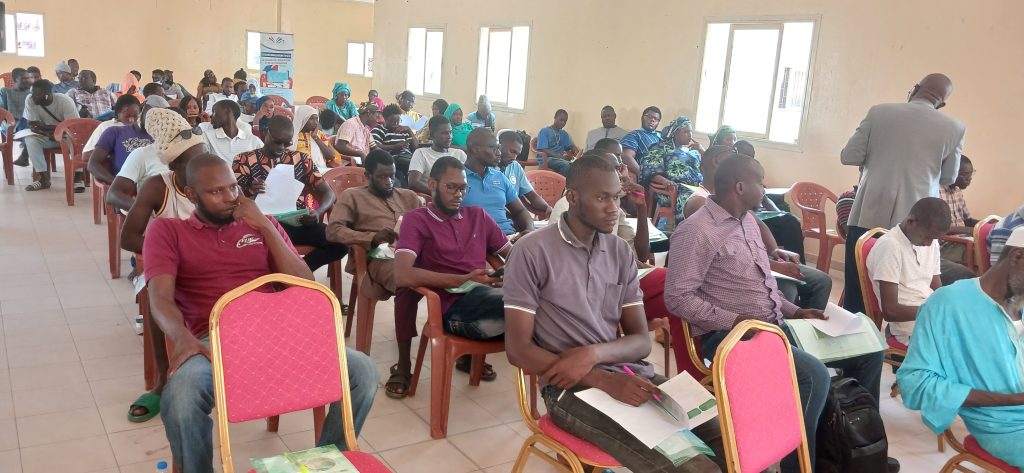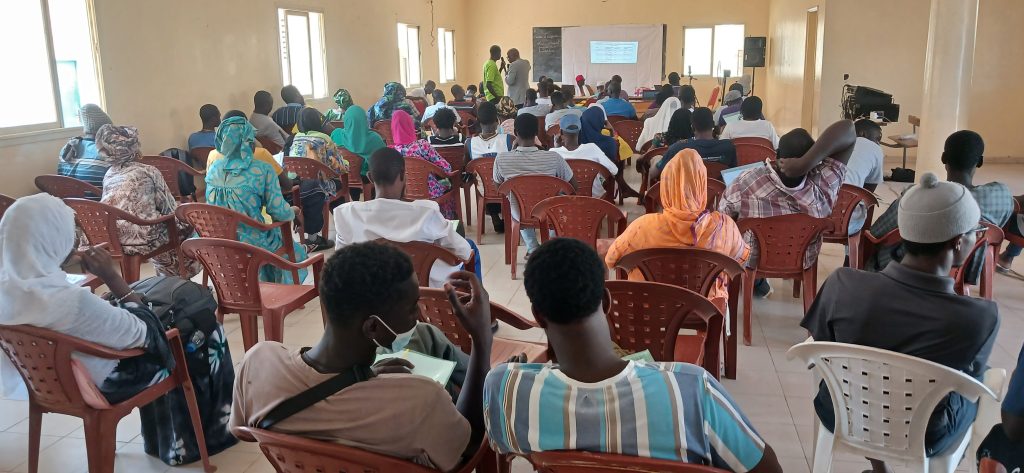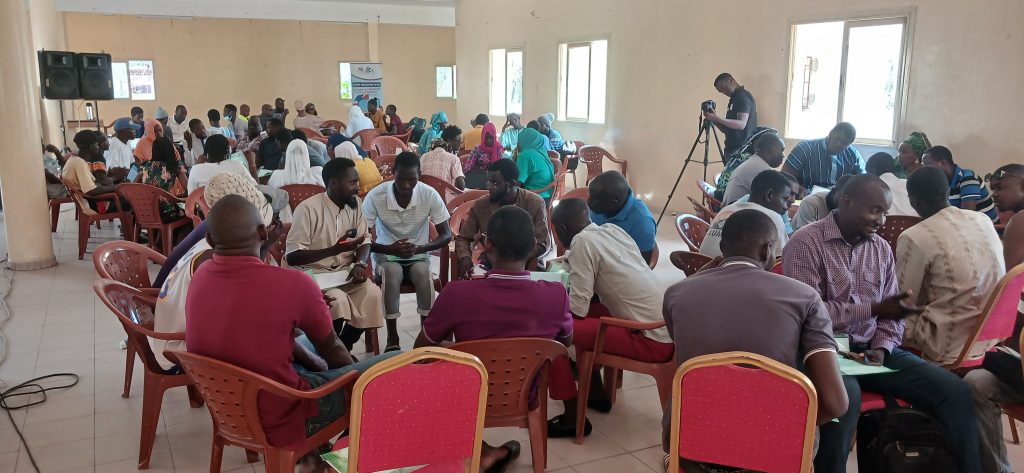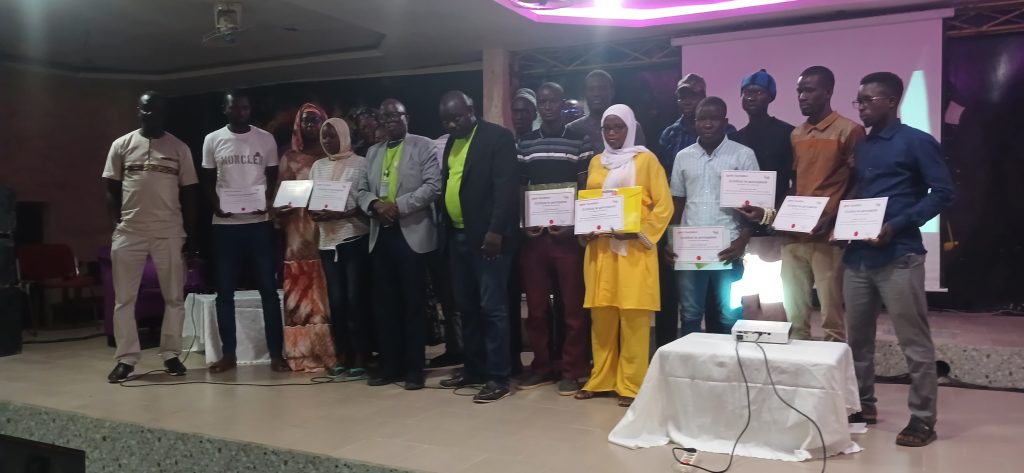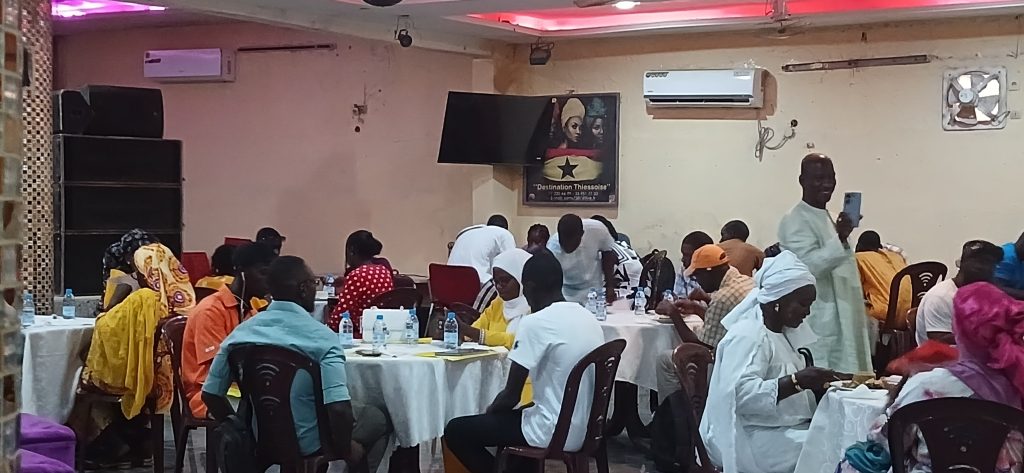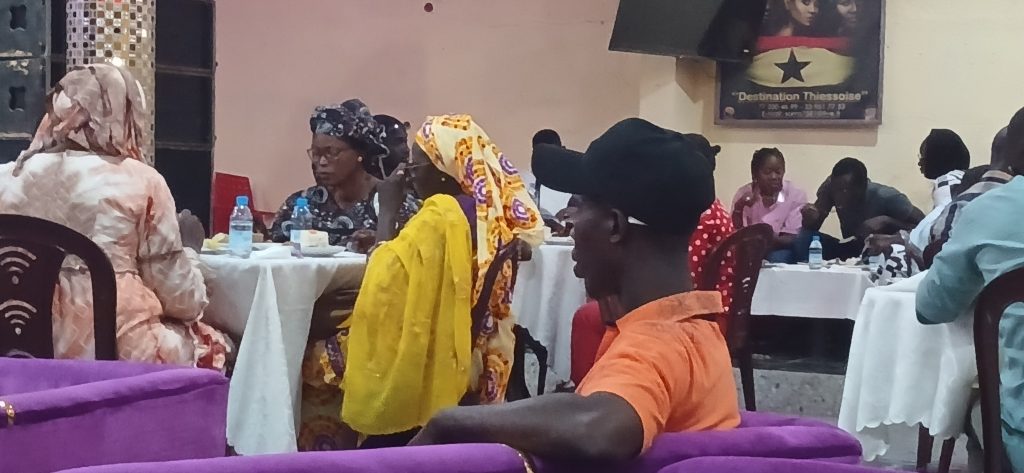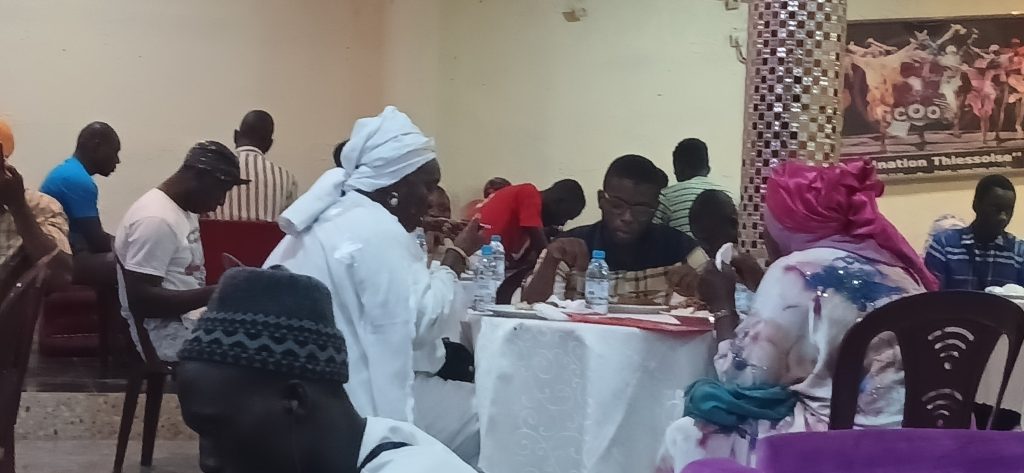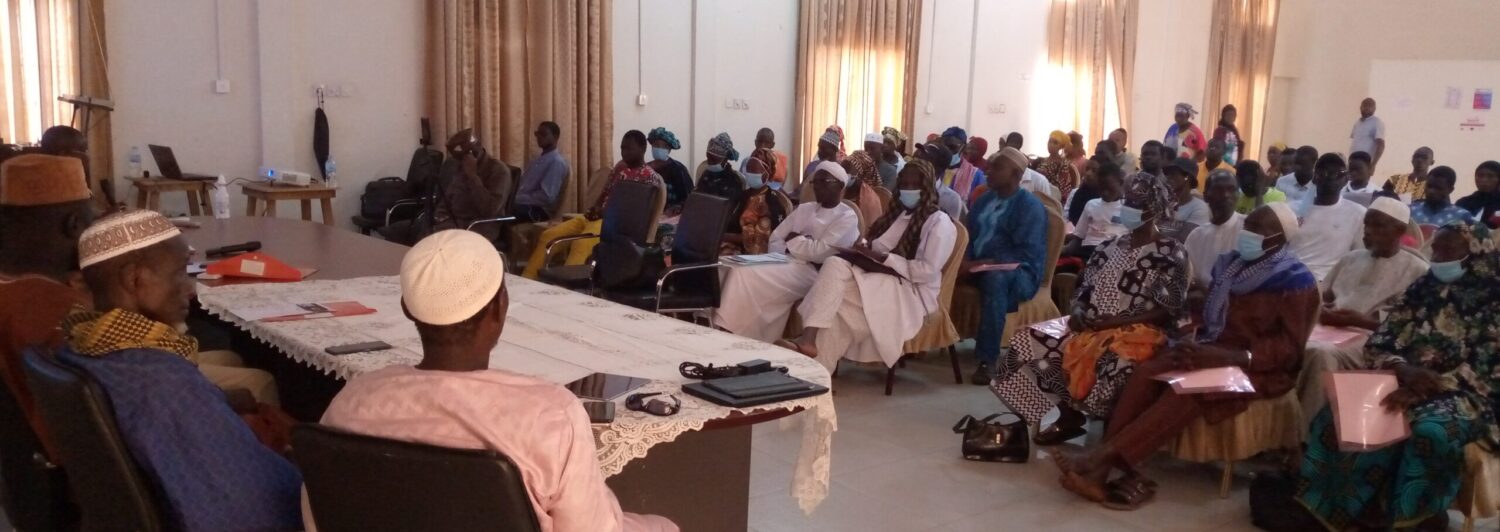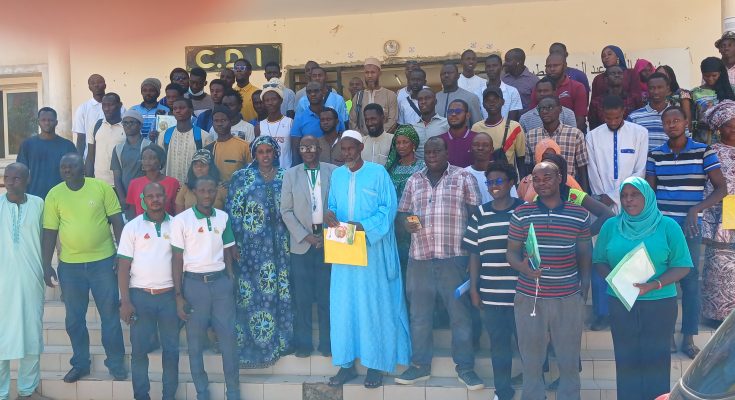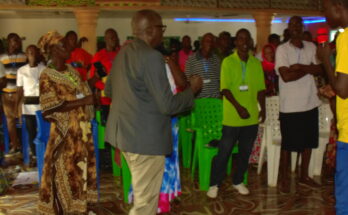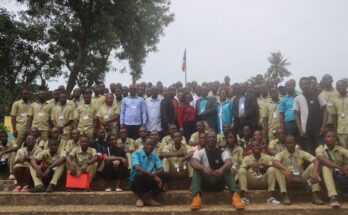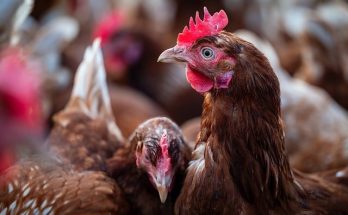Livestock Industry Foundation for Africa (LIFA), a non-profit organization committed to improving livestock livelihoods in Sub-Saharan Africa, collaborated with the Zoetis Foundation to expand its successful initiatives beyond Nigeria. The partnership aimed to disseminate knowledge and best practices in poultry health and nutrition across other West African countries.
The focal point of this collaborative effort was the “Knowledge Update on Poultry Health and Nutrition” training program. Held in Senegal, the one-day program took place at two different locations: Dakar and Thies, on the 24th and 26th of October, 2023, respectively.
The training sessions, supported by the Zoetis Foundation, attracted a diverse array of stakeholders from the livestock industry, including veterinarians, poultry farmers, students, animal scientists, and various other professionals invested in the poultry sector. In October 2023, the training programs in Dakar and Thies saw a total of 388 participants actively engaging in sessions focused on poultry health and nutrition.
Training Program Statistics Report: Dakar and Thies, October 2023
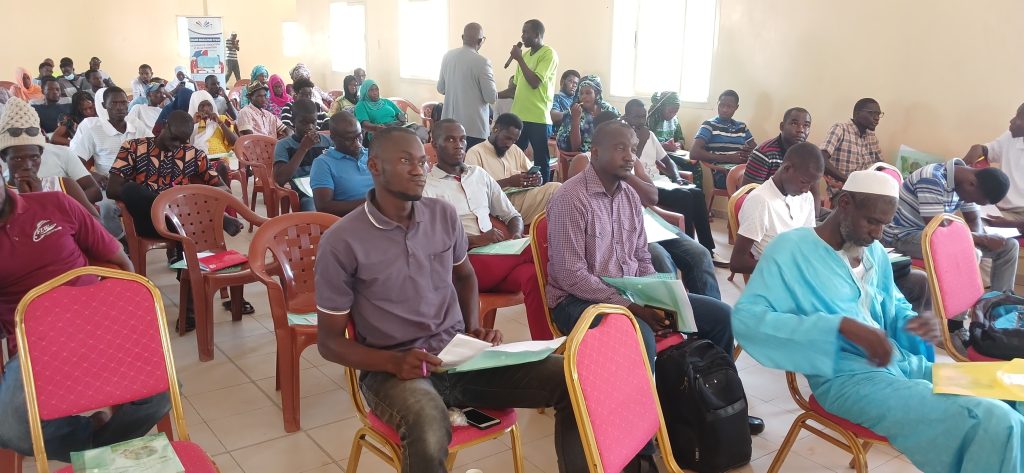
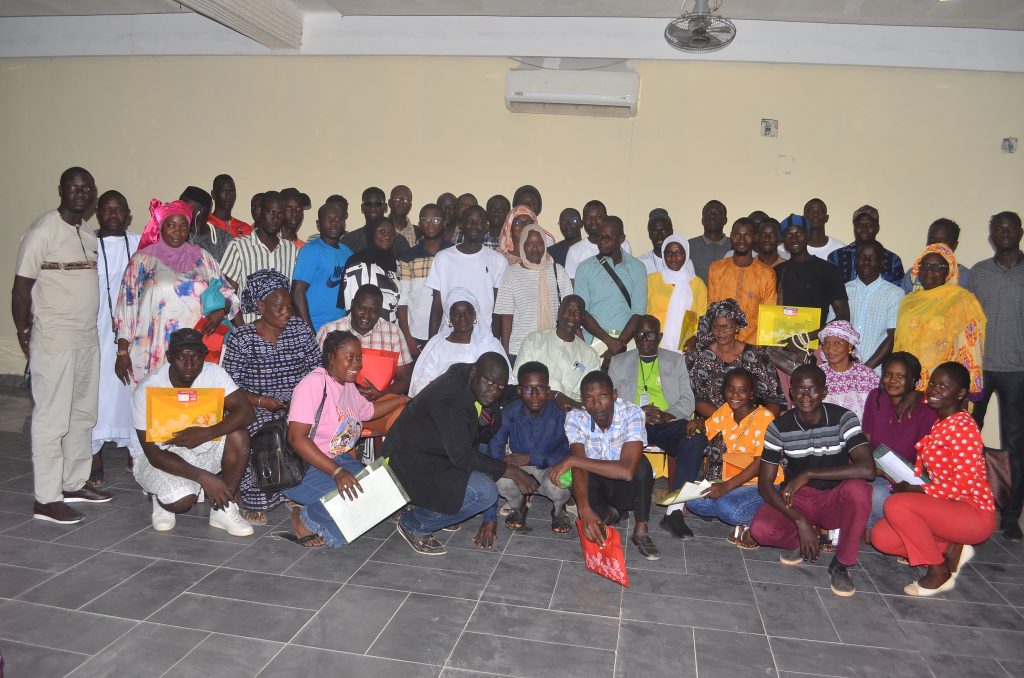
The breakdown of attendees demonstrated the inclusive and multidisciplinary nature of the training programs:
- Gender Distribution: Among the participants, 54.4% were male, and 45.6% were female.
- Occupational Distribution:
- Farmers: 50.8%
- Veterinarians: 5.2%
- Animal Scientists: 8.2%
- Veterinary Students: 10.1%
- Other Stakeholders in the Poultry Value Chain: 25.8%
These training programs served as valuable platforms for knowledge exchange and capacity building, bringing together a diverse group of stakeholders from various sectors within the poultry industry. The participation of both male and female attendees underscores the inclusive nature of the programs, while the representation of different occupational backgrounds highlights the multidisciplinary approach to addressing challenges and fostering innovation within the poultry value chain.
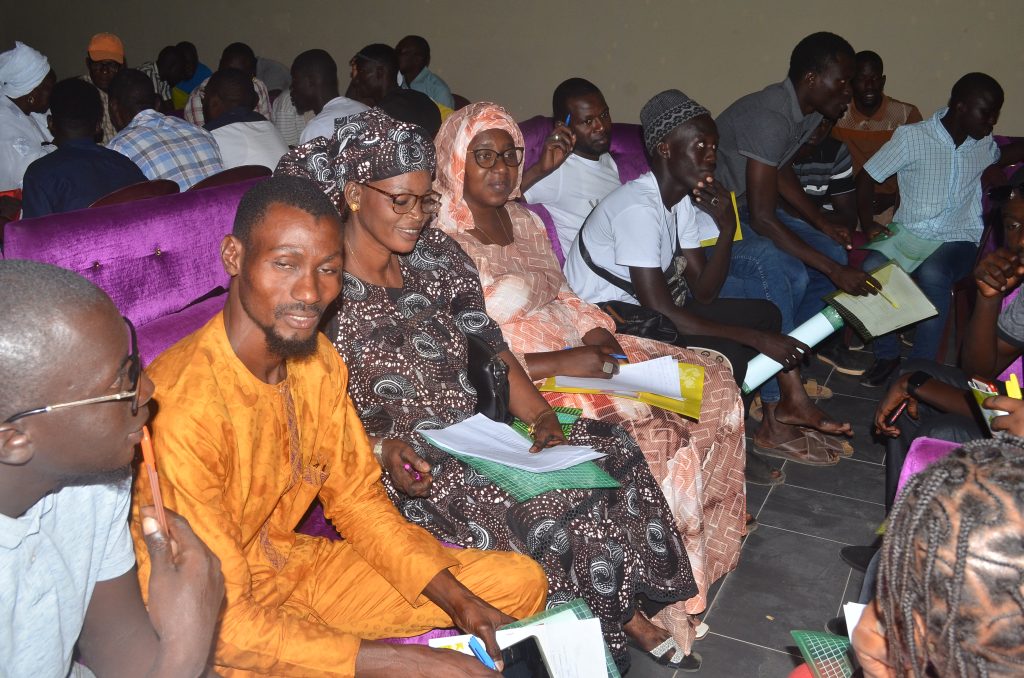
Overall, the high turnout and diverse representation at the training programs reflect the significant interest and commitment of stakeholders in Dakar and Thies towards advancing their knowledge and skills in poultry health and nutrition, contributing to the sustainable growth and development of the poultry industry in the region. The success of these programs marks a significant step towards achieving LIFA’s mission of enhancing livestock livelihoods in Sub-Saharan Africa.
Exploring the Interplay of Climate and Poultry Well-being: A Comprehensive Analysis
In the enlightening lecture, Dr. Stephen Adejoro delved into the intricate relationship between climatic changes and poultry health, using the backdrop of a tropical climate as a case study with a focus on the impacts of Fowl Cholera. This presentation shed light on the multifaceted challenges posed by environmental shifts and their repercussions on the well-being of poultry.
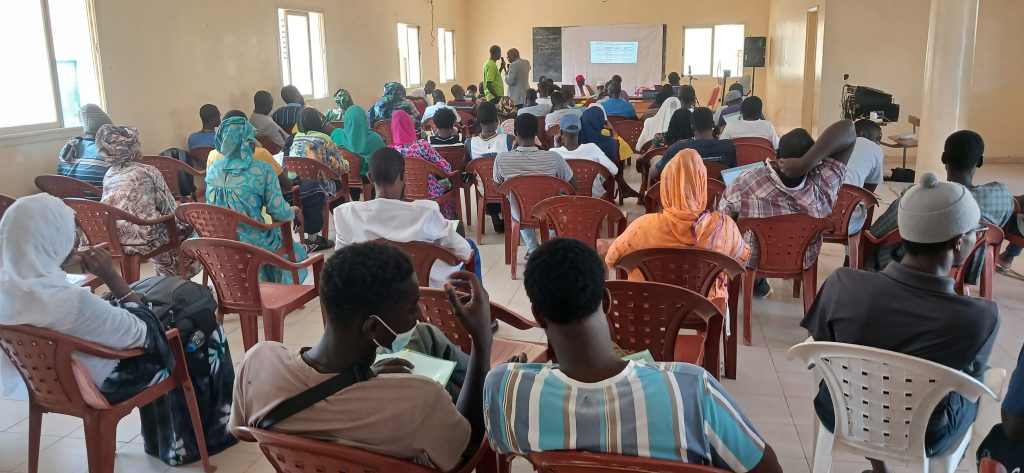
Understanding the Dynamics of Climatic Changes and Poultry Production
Dr. Adejoro initiated the discussion by broadening the scope to encompass various atmospheric variations, including temperature fluctuations, altered precipitation patterns, and the influence of natural phenomena like volcanic eruptions and hurricanes. These climatic changes, as expounded in the lecture, have profound implications for poultry production:
- Heat Stress: Extreme temperatures were identified as a significant factor leading to stress among poultry.
- Contamination Risks: Altered precipitation patterns, particularly causing flooding, were highlighted for their impact on water quality and contamination risks.
- Structural Damages: Severe weather conditions, a consequence of climatic changes, were recognized as potential threats causing structural damages to poultry housing.
- Biosecurity and Health Impact: The effects extended to vaccination effectiveness, feed quality, and overall biosecurity measures, contributing to increased mortalities, higher production costs, and reduced worker productivity.
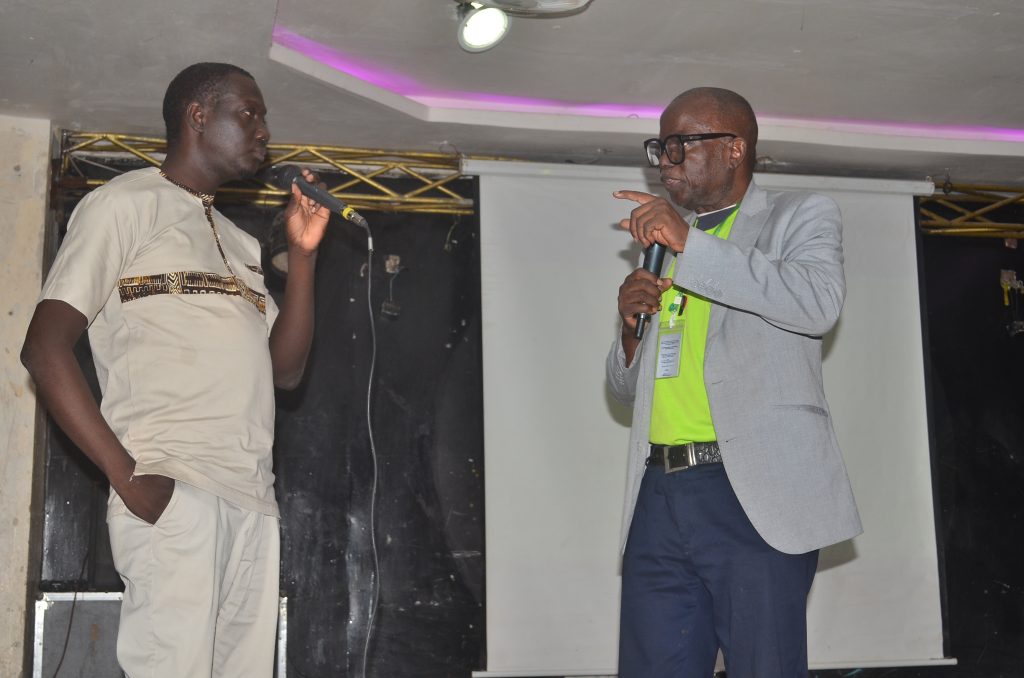
Fowl Cholera Management Amidst Climatic Challenges
The lecture specifically addressed the complexities associated with managing Fowl Cholera, a chronic disease affecting poultry. Expert opinions from Dr. Narayan Banik and Dr. Algis Martinez complemented Dr. Adejoro’s insights:
- Biosecurity Measures: Dr. Narayan Banik emphasized stringent biosecurity measures and timely vaccination schedules to control Fowl Cholera, emphasizing the recurrence within flocks and the significance of liver tissue regeneration.
- Holistic Approach: Dr. Stephen Adejoro proposed a holistic approach, suggesting the use of toxin binders in regions with compromised feed hygiene and advocating for tailored dietary management for effective treatment.
- Preventive Measures: Dr. Algis Martinez underscored the critical role of hygiene, rodent control, and strict biosecurity measures in preventing Fowl Cholera outbreaks. The economic impact of the disease was highlighted, emphasizing the need for effective control measures.
The collective insights presented during Dr. Adejoro’s lecture emphasized the urgent need for comprehensive strategies in managing the impact of climatic changes on poultry health, particularly addressing challenges associated with diseases like Fowl Cholera. Collaboration between nutritionists, veterinarians, and industry stakeholders emerged as a crucial aspect in devising and implementing effective solutions.
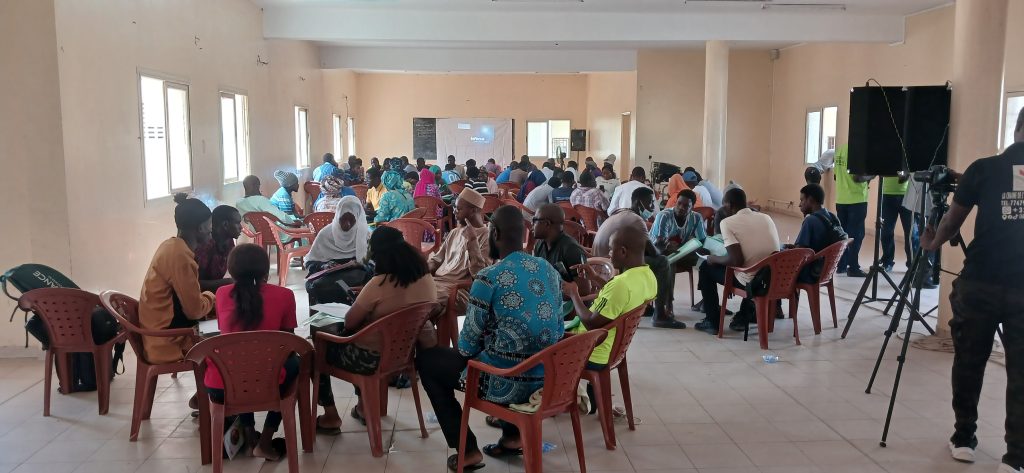
Dr. Adejoro’s presentation encapsulates valuable information, stressing the significance of proactive measures and collaborative efforts within the poultry industry to mitigate the repercussions of climatic changes on poultry health and food security. This comprehensive analysis contributes to the ongoing dialogue surrounding sustainable poultry production in the face of evolving climatic conditions.
Feedback
The evaluation of the training program has revealed overwhelmingly positive feedback from participants, indicating high levels of satisfaction across various program components.
The comprehensive evaluation results demonstrate consistent participant satisfaction across various aspects of the training program. This includes satisfaction with the training sessions, overall program quality, and the usefulness of supplementary resources such as the technical bulletin. The positive response to the focus group discussion underscores its effectiveness in engaging participants and fostering an interactive learning environment.


These findings affirm the success of the training program in disseminating knowledge and enhancing skills among participants. The constructive feedback gathered will inform future program enhancements, further emphasizing the positive impact on participants’ learning experiences.

